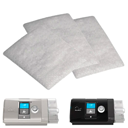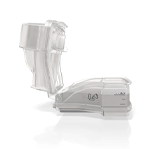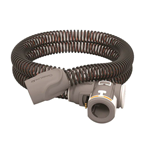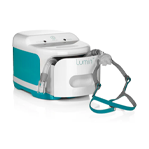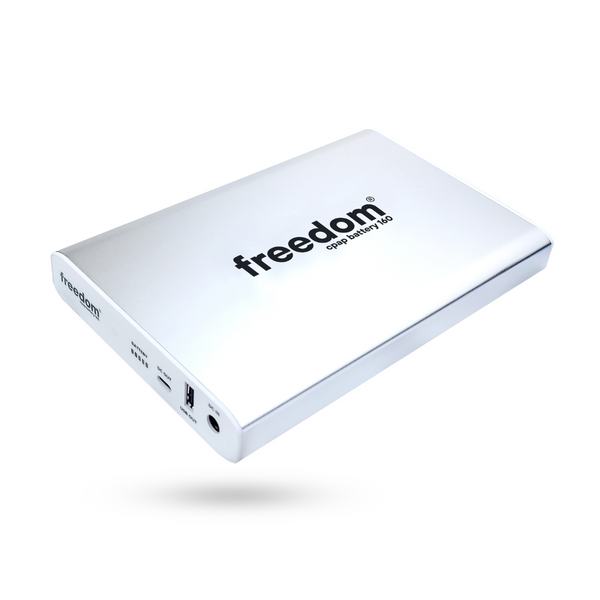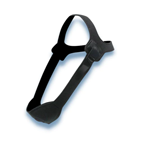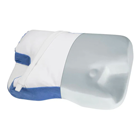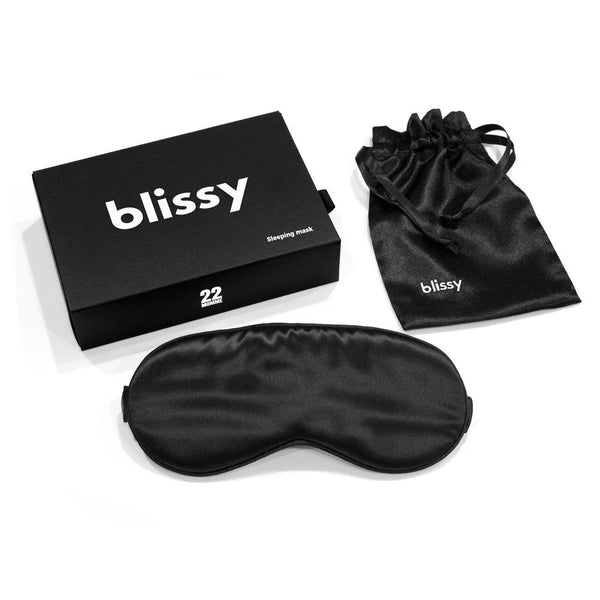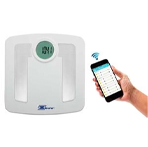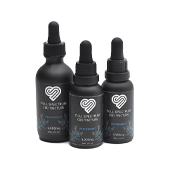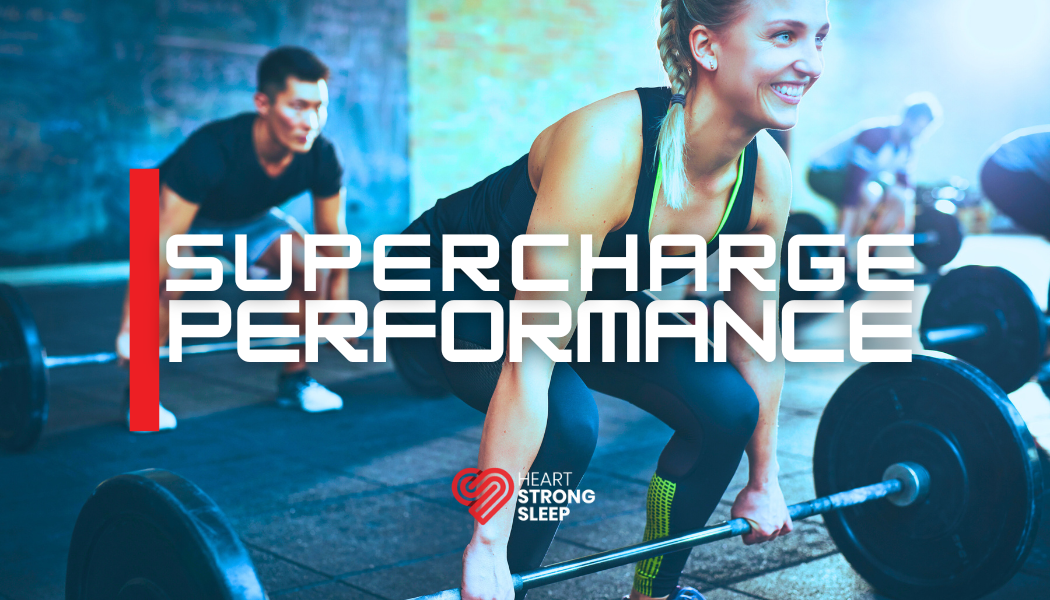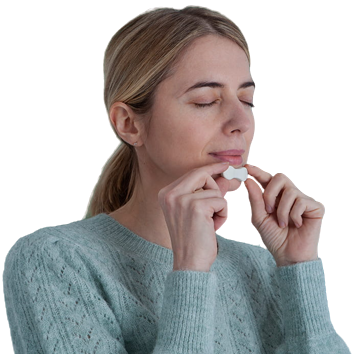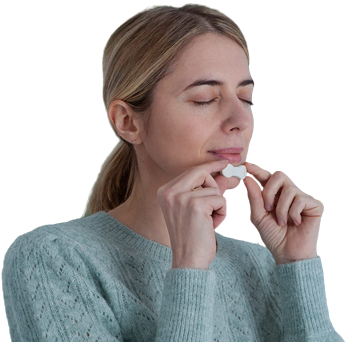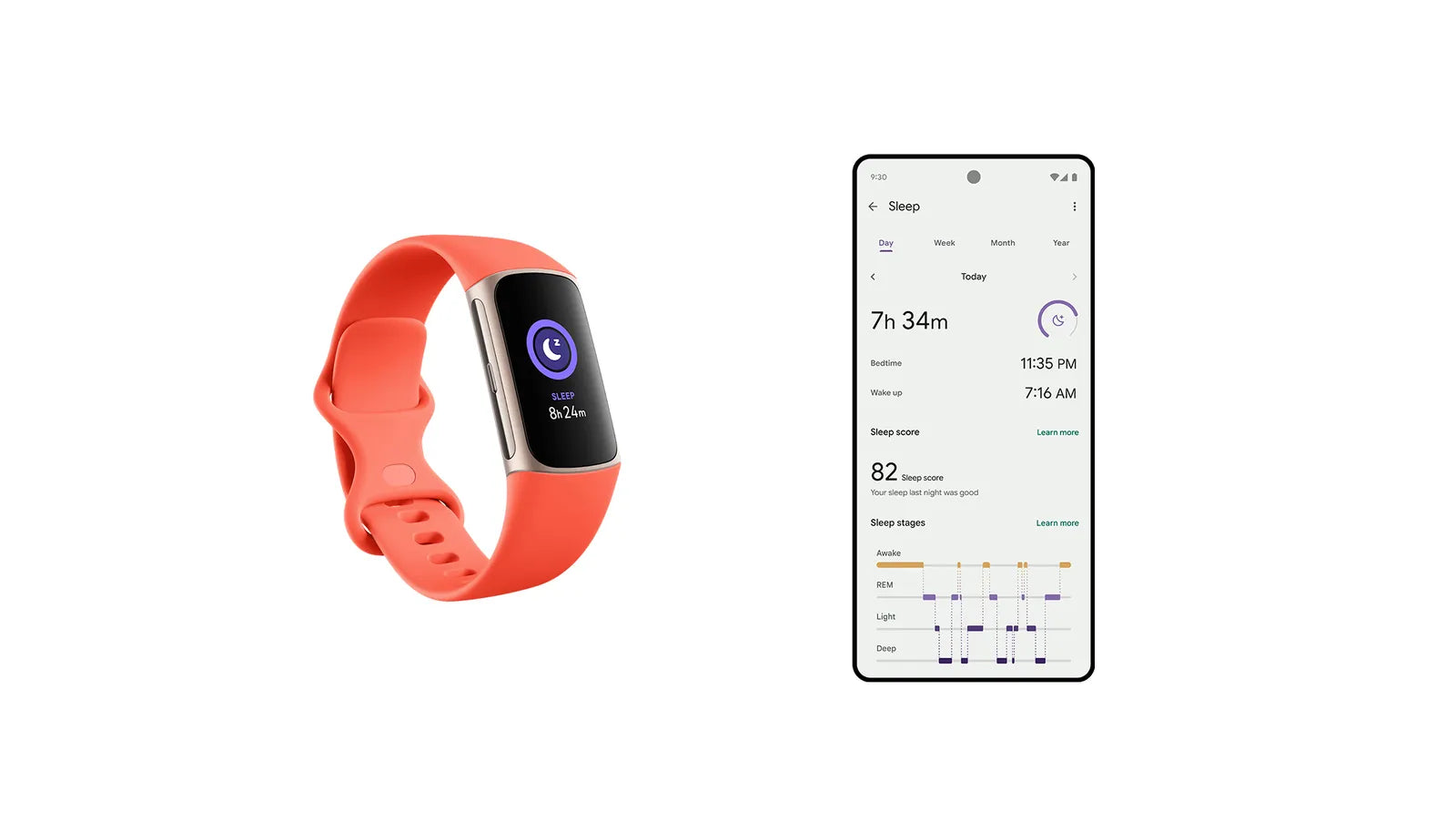In the fast-paced world of pro sports, athletes focus on training, nutrition, and recovery. But there’s one powerful tool that often gets overlooked — sleep.
Turns out, getting good sleep is one of the smartest ways to stay sharp, recover faster, and outplay the competition.
Sleep isn’t just “rest.” It’s an active, restorative process that powers both the mind and body.
Every night, your body cycles through four key sleep stages:
-
Light Sleep (Stages 1 & 2): Your body starts to relax and brain activity slows.
-
Deep Sleep (Slow-Wave Sleep): Physical recovery happens here. Muscles heal, tissues repair, and your immune system strengthens.
-
REM Sleep: Your brain kicks into high gear — dreams happen, emotions process, and memories form.
-
Cycle Repeats 4–6 Times: Each cycle is about 90 minutes.
💡 Fun fact: During deep sleep, your body releases human growth hormone, which helps repair muscles and build strength.

While you sleep, your brain runs its glymphatic system — kind of like a dishwasher for your brain. It flushes out harmful proteins like:
-
Amyloid-beta
-
Tau
-
Alpha-synuclein
These proteins are linked to neurodegenerative diseases like Alzheimer’s and Chronic Traumatic Encephalopathy (CTE) — a serious concern for contact-sport athletes.
More pressure = more risk. But more sleep = better protection.
📊 The stats say it all:
-
Athletes who sleep <7 hours a night are nearly 2x more likely to get injured.
-
Sleep-deprived players are 3x more likely to suffer a concussion. (Source)
Why? A tired brain struggles with:
-
Focus and attention
-
Quick reactions
-
Inhibitory control (resisting risky plays or bad decisions)
🎯 In sports, one bad move can mean the difference between a touchdown and a turnover.
Whether you're a sprinter, tennis player, or marathon runner, sleep affects every part of your game:
✅ Speed & Strength: Better sleep = faster sprints and stronger lifts
✅ Endurance: Sleep supports energy levels and recovery
✅ Accuracy & Reaction Time: Sleep improves decision-making and hand-eye coordination
✅ Pain Tolerance: More sleep raises your threshold for pain — critical for recovery and rehab
🧪 A Stanford study found that basketball players who increased sleep to 10 hours improved shooting accuracy by 9%.
Want to level up your game through sleep? Here’s what the pros do:
-
Stick to a Routine: Go to bed and wake up at the same time daily — even on weekends.
-
Sleep 8–10 Hours: Especially during training and competition season.
-
Create a Sleep-Friendly Environment: Keep your room cool, dark, and quiet.
-
Wind Down Without Screens: Reduce screen time at least 30 minutes before bed.
-
Avoid Late Caffeine & Heavy Meals: They interfere with falling and staying asleep.
-
Power Nap Smartly: A 20-minute nap during the day can recharge your brain and body.
-
Try “Sleep Banking”: Got travel or late nights ahead? Sleep longer the week before to “bank” rest.
🏆 Remember: Recovery isn’t laziness — it’s part of the training plan.
Elite athletes don’t just train hard — they sleep smart. So whether you’re on the field, in the gym, or chasing personal bests, don’t underestimate the power of a good night’s sleep.
Rest like a pro. Perform like a champion.

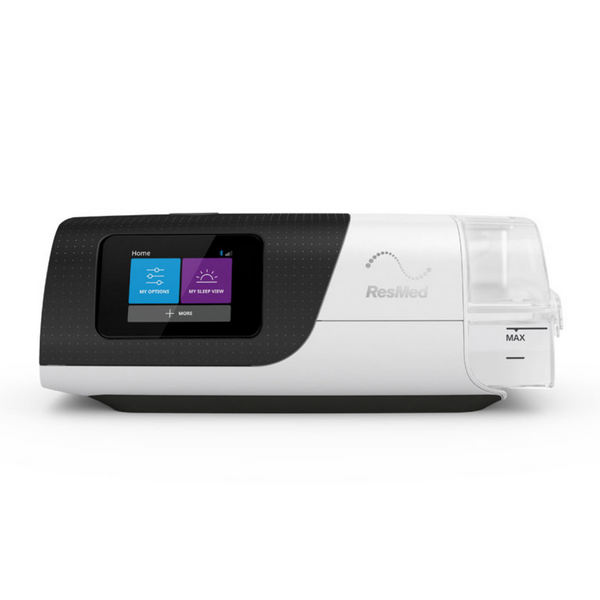
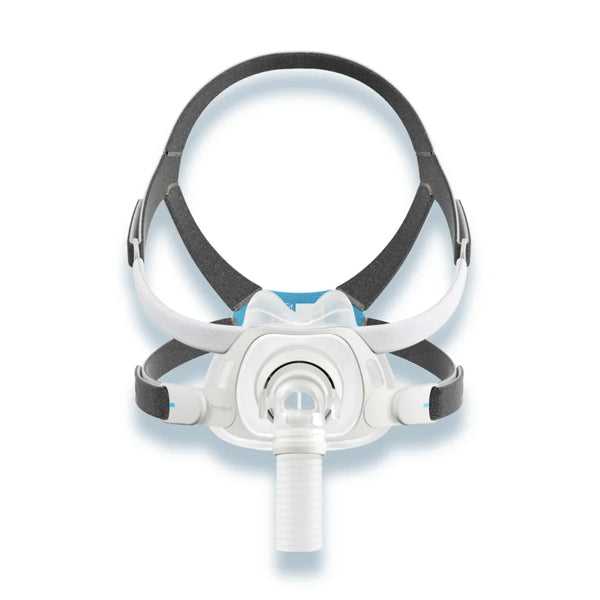
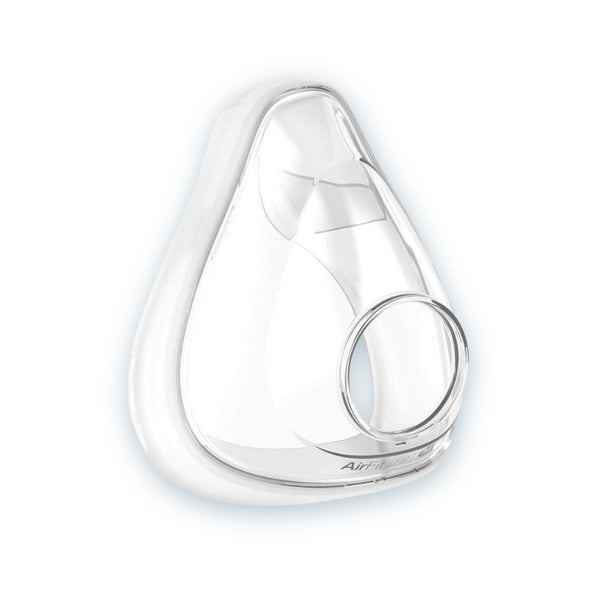
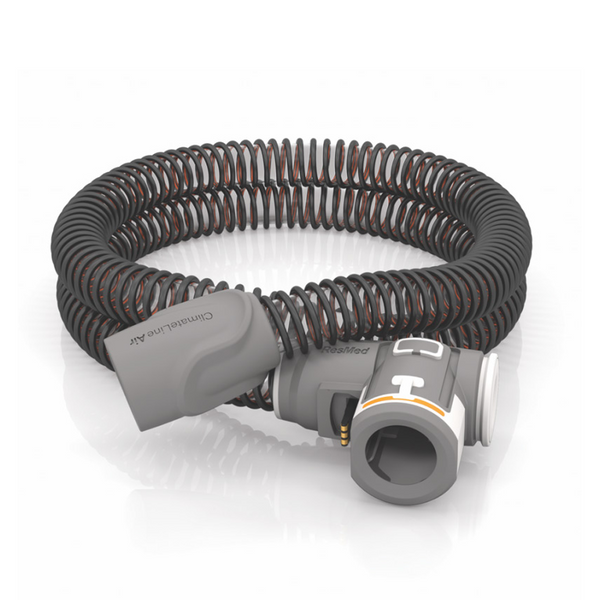
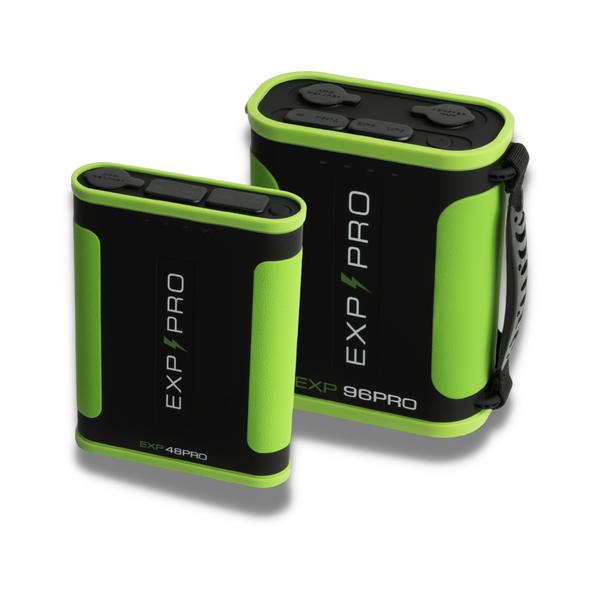

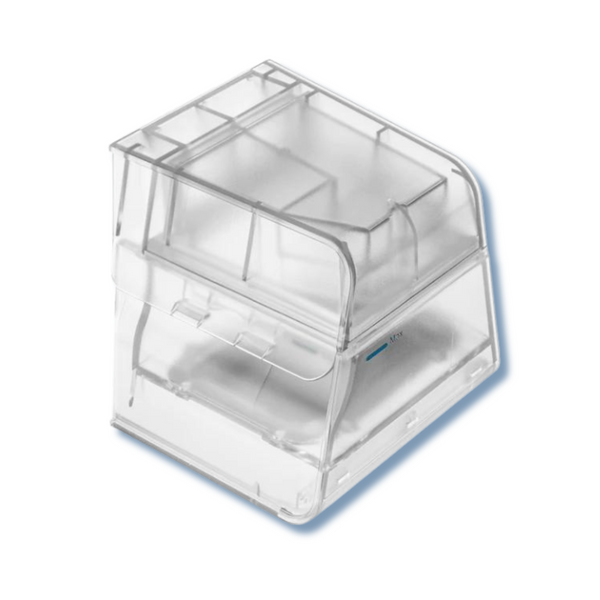
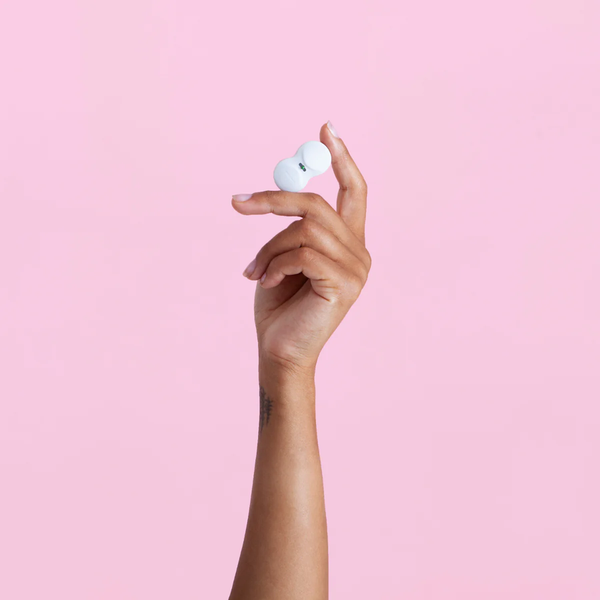
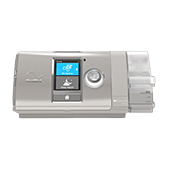
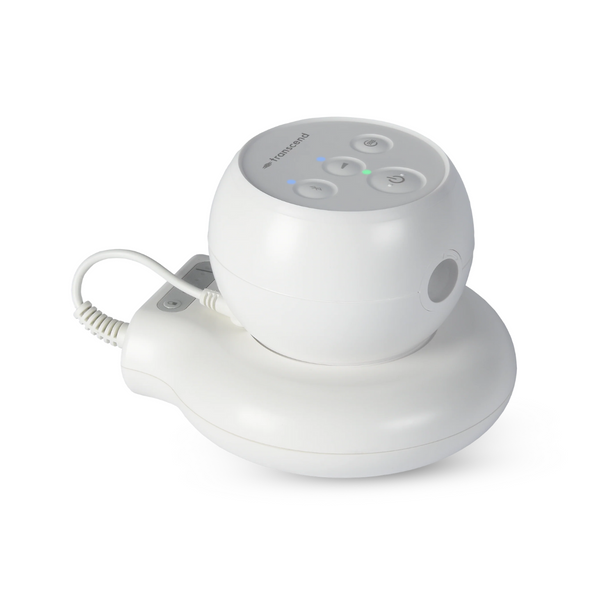

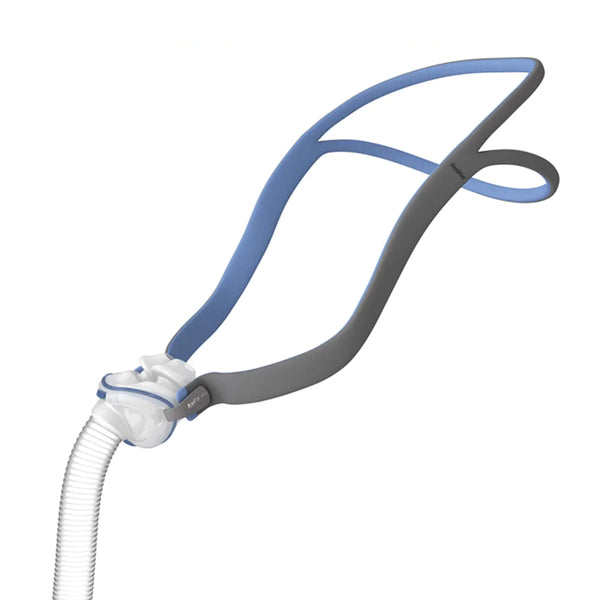
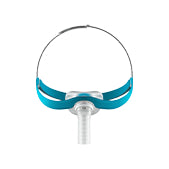
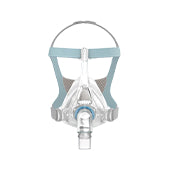
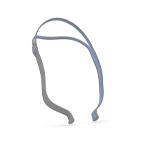
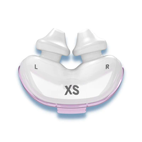
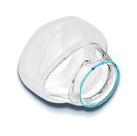
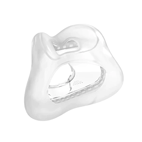
![[subscription]](http://heartstrongsleep.com/cdn/shop/files/Group_30_6a2ee5b7-7d1a-49f1-855d-428a7cb5358f.png?v=1733846466&width=600)
